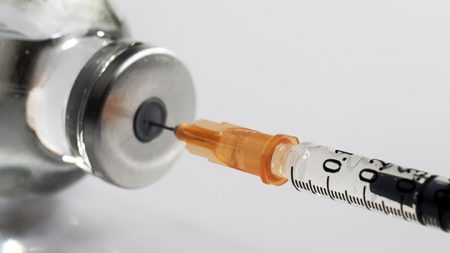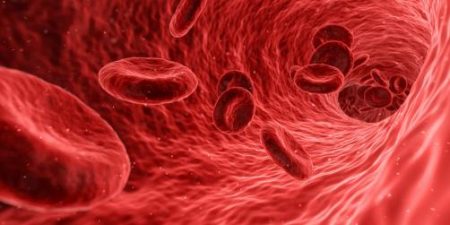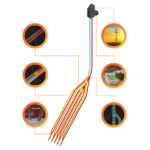June 26, 2017 – Vaccines date back to the 18th century with the first inoculations to provide immunity to smallpox. So as a technology they seem pretty old hat. But the 21st century is putting a new twist on vaccines. A simple jab of a needle today can protect you from malaria, or help your immune system to lower cholesterol, or reverse cancer.
Back in April of this year, I wrote about the first large-scale attempt to immunize children against malaria in three African countries. Malaria is a global scourge affecting the lives of hundreds of millions in tropical countries. With climate change, the mosquito-born disease is migrating towards the poles into more temperate latitudes with implications, not for hundreds of millions but for billions. The protocol involves four monthly injections and the results so far show a significant drop in young children contracting the disease.
But a vaccine for cholesterol, currently in phase-1 trials could help produce antibodies capable of targeting the enzyme, PCSK9, that regulates levels of low-density lipoprotein or LDL, considered the bad blood cholesterol. The vaccine goes by the acronym AT04A. In mice studies fed a Western, high-fat diet, the vaccine lowered cholesterol levels by 53%. Lowering LDL reduces the potential buildup of fibrous deposits on arterial walls leading to atherosclerosis.
If the trials are successful, at-risk patients may replace statins, the most commonly prescribed drugs taken daily, with a once-a-year vaccine. But before the vaccine can be released to the larger population, initial trials need to be expanded to larger numbers. The proof of successful translation from mice to humans will lie in data that shows the persistence of antibodies for many months after a single treatment.
In another story, cancer is being tackled using specifically-targeted vaccines that stimulate the body’s immune system. Two classes of cancer vaccines are currently under development. The first type or prophylactic, that is they are intended to prevent cancer from happening in a normally healthy person. The second types are therapeutic, that is they treat existing cancer through immunotherapy, stimulating the body’s immune system.
It is the latter category where targeted vaccines are expected to provide major changes in treatment. Genetically engineered inhibitor therapies can be manufactured to meet a large population of cancer patients, and in some cases, individual specific cancer profiles. In the latter case we are talking about engineered personal treatment vaccines.
Currently, the human papillomavirus (HPV) vaccine is the most commonly prescribed preventive on the market which addresses cervical, oropharyngeal, vaginal, vulvar, and penile cancers. The other preventive vaccine treats Hepatitis B which can cause liver cancer.
Therapeutic vaccines enhance the body’s natural T cells, primary components of the immune system. The vaccines do one of two things: they stimulate cytotoxic T cells to recognize cancer cells and attack them, or they produce antibodies that bind to cancer cells which then triggers the immune system to attack. A customized therapeutic vaccine for types of prostate cancer was introduced in 2010. Unlike normal vaccines, the process of its creation involves harvesting and culturing specific proteins from the patient which then can be reinjected to enhance the immune system response. In 2015 a therapeutic vaccine for melanoma was added to the anti-cancer arsenal. In this case, the vaccine involves a virus which serves as a delivery mechanism when injected into a tumor mass triggering an immune response.
Soon to join the therapeutic vaccine list are bladder, brain, breast, colorectal, cervical, kidney, lung, leukemia, myeloma, and pancreatic cancer treatments of which many are in phased clinical trials testing biomedical technologies similar to the ones developed for prostate and melanomas. And in the case of the latter two, further advances are being made to refine the vaccines so they can be used in earlier stage treatment of the disease.

















